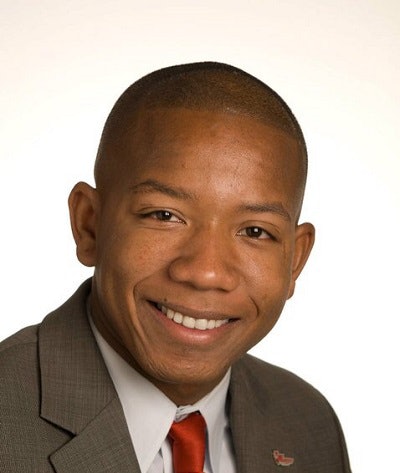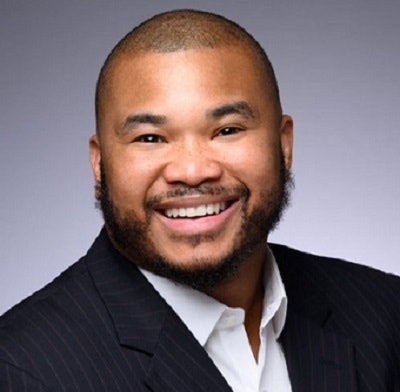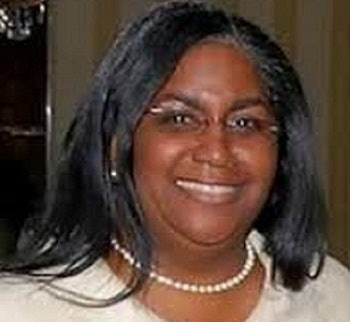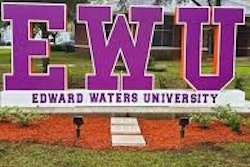 Dr. Edward Summers
Dr. Edward SummersRecently, there were two articles published about the state of Historically Black Colleges and Universities (HBCUs): H.B.C.U.s’ Sink-or-Swim Moment by Delece Smith-Barrow was published on October 21, 2019, and The Road to HBCU Self-Sustainability by Dr. Marc A. Barnes was published on October 23, 2019. Both articles highlighted the plight of HBCUs and discussed how to reverse the tide for HBCUs. Barrows argued for a collective approach and Brady argued for self-sufficiency. We appreciate both authors highlighting these challenges and would love to join the conversation by offering another framework to be considered regarding the various issues impacting HBCUs.
It is no secret that, from their inception, HBCUs have filled a series of voids within the Black community. Against a backdrop of centuries of deprivation to live out their full potential, newly enfranchised Africans and their progeny born in this country possessed few skills that would make them competitive in the mid-to-late 19th & 20th century American industrial economies. They were faced with discrimination and segregated into occupations that mirrored their places of unskilled laborers and service jobs during slavery. Moreover, few, if any, Predominately White Institutions (PWIs) would educate Blacks to provide them with skills necessary to compete in an increasingly industrialized economy.
 Dr. Adriel A. Hilton
Dr. Adriel A. HiltonWe suggest the approaches Smith-Barrow and Barnes recommend as a way forward for HBCUs to have merit; however, we would also like to add our collective thinking to put forward a more advanced strategy for HBCU success. The situation should not be a binary, sink-or-swim or even a self-sufficiency over group effort choice. There needs to be a comprehensive, combined strategy of collective action and individual effort in a multi-dimensional framework. After all, it was this same type of strategy which separated enslaved Africans and newly enfranchised Blacks from their ability to gain socioeconomic parity in this country, historically, and continues to do so. We would also like to offer a cautionary tale in only pointing out the notion of agency, which is the gist of both Smith-Barrow and Barnes’ solutions. It’s not just agency, but other structures that situate HBCUs in their current predicaments, on, and perhaps off, the brink. It is often the case, particularly when Blacks don’t succeed, that implicates the lack of effort put forth. Agency does not exist in a vacuum. We suggest oppressive structures and systems must be implicated in the disruption we are witnessing as it relates to the decline of HBCUs and the impact on Black socioeconomic parity. There must be accompanying structural and systemic changes to complement the collective and individual actions of HBCUs.
The creation and implementation of HBCUs coupled with changes in oppressive structures and systems during pivotal moments in American history have increased the competitive participation of Blacks in the American economy. Presently, however, HBCUs are only 3 percent of the higher education landscape. Their educational and socioeconomic impact is huge. According to Smith-Barrow, HBCUs “…have produced 80 percent of the nation’s black judges and 50 percent of its black doctors.” Additionally, regarding “…black college graduates with a degree in STEM, 27 percent are from historically black colleges.”
To save HBCUs, individual and collective actions in a multi-dimensional approach would be most effective in keeping these institutions from closing. These dimensions are employed in the Purpose Centered Education (PCE) Model and include:
 Dr. Lessie Branch
Dr. Lessie Branch- reinforcing the history and mission of HBCUs (Purpose);
- reframing the public imagination of what it means to attend an HBCU (Value and Ethics);
- providing a unified voice among HBCUs regarding their global impact (Self and Others);
- engaging alumni participation and supporters through social and professional networking circles, financial contributions, promoting, and service to the sector (including a call to action for people of color to consider working at an HBCU) (Skills);
- invoking curricula innovation in regard to what is needed to be an active participant in the global economy (Academic Excellence);
- and reinforcing non-revisionist history, and interrogating revisionist history that acknowledges HBCUs’ role in preserving African-American history, culture, and institutions (Systems).
We need to remind the public that HBCUs have contributed significantly to the history and progress of our nation. HBCUs have served as ladders and doors to socioeconomic parity for Blacks. In an increasingly racially divisive landscape, where broad protections are afforded to faculty like Dr. Eric B. Rasmusen, who is quoted as saying, “…black students are generally inferior academically to white students,” HBCUs are now, more than ever, needed in our society. Given this state of heightened racial tension at institutions of all sorts, HBCUs can be a home to students who require the basic needs outlined in Maslow’s Hierarchy of Needs Theory. Otherwise, they are faced with being marginalized and not feeling a sense of belonging at PWIs. We need a renewed public commitment to valuing HBCUs.
Since we began publishing our series, “Stepping Away From the Brink,” we have witnessed a correlational uptick in articles about disruptions in higher education and the use of the term “the brink”. We are happy that our articles are encouraging an open dialogue about the disruptions and the state of higher education while addressing corrective measures.
Dr. Lessie Branch is Associate Dean of the School for Business at Metropolitan College of New York. She is the author of Optimism At All Costs: Black Attitudes, Activism, and Advancement in Obama’s America with the University of Massachusetts Press.
Dr. Edward Summers is the Executive Director of The Bronx Private Industry Council Powered by Here to Here.
Dr. Adriel A. Hilton is Dean of Students and Diversity Officer at Seton Hill University.


















